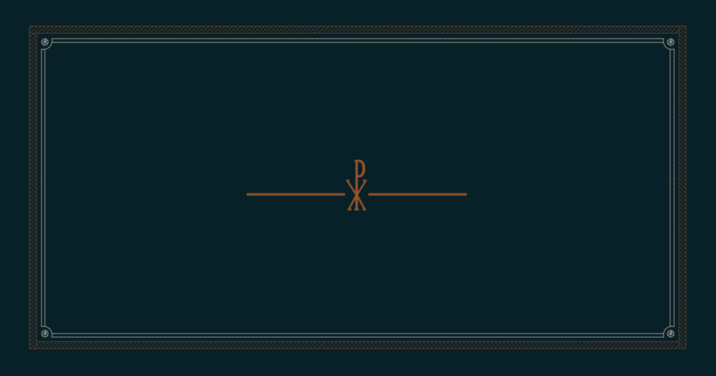How did the church fathers read the Bible?
The church fathers read the Bible as the written word of God, given to the church through the prophets and apostles. Everything in it proclaimed Jesus Christ and the gospel of eternal salvation. Sometimes this message was perfectly clear, but often it was hidden in stories and oracles, especially in the Old Testament.
The fathers believed that it was their duty to find Christ in all the Scriptures and preach him to the world. They often looked for hidden meanings and allegories that would help them to do this. For example, they read the Song of Solomon as a picture of the relationship between Christ and his bride, variously interpreted as the church or as the soul of the individual believer.
Should we read the Bible like the church fathers?
Yes and no. The big difference between us and them is that we have a historical awareness that the fathers did not possess. They believed that Abraham and David (for example) knew just as much about Jesus Christ as we do, even if they did not express that knowledge as clearly as those who lived after his coming did.
Today we do not think like that. We accept that the Old Testament looks forward to the coming of the Christ (Messiah), but as Hebrews 1:1 expresses it, the Israelites learned about God in many different ways before the full and final revelation of the Son came in Jesus. We do not try to find Christ hidden behind various Old Testament texts but see his coming predicted in the teachings of the prophets.
The big difference between us and them is that we have a historical awareness that the fathers did not possess.
What do modern Christians misunderstand about the church fathers and the Bible?
Modern Christians often think that the church fathers misread the Bible because they did not know Hebrew, did not engage in the theological controversies of the Reformation era, and tended to allegorize things that they did not understand. For example, Augustine took the Good Samaritan as a picture of Jesus who saved the sinner (the man lying on the road to Jericho) by placing him on his donkey (the cross) and taking him to the inn (the church).
This interpretation is a fantasy because it reads the gospel message into a story that was not intended to proclaim it in that way, and so we tend to reject it. What we often fail to appreciate though is that Augustine understood the gospel, which is clearly revealed elsewhere in the New Testament, and that he was doing no more than apply that understanding to a parable that he thought could illustrate it. We would probably not do that today, but we should not assume, on the basis of evidence like this, that the fathers did not grasp the fundamental theological message of the Scriptures.
What can we learn from the church fathers and their reading of the Bible?
The biggest lesson we can learn from the church fathers is that the Bible is a coherent message from God, proclaiming a worldview that is diametrically opposed to all human philosophies and religions. Salvation is not something that we can discover by experimenting or theorizing about the nature of reality. It is a revelation from God that was worked out in the life, death, and resurrection of Jesus Christ. Human reason can and must be used in the service of proclaiming that revelation, but it cannot sit in judgment over it.
The church fathers abandoned their inherited cultures of Greece and Rome and embraced their God-given identity as the New Israel. Like them, we must be prepared to lay aside our traditions and prejudices and allow our minds to be transformed by the message given to the prophets and apostles who wrote the Bible.
The biggest lesson we can learn from the church fathers is that the Bible is a coherent message from God, proclaiming a worldview that is diametrically opposed to all human philosophies and religions.
How can we incorporate the church fathers into our Bible study today?
The best way to do this is to read the anthologies of Biblical interpretation contained in the Ancient Christian Commentary on Scripture, where the mind of the fathers is set out verse by verse from Genesis to Revelation. What they had to say about any given passage can then be read and studied along with that passage itself, and appropriate lessons for today can be drawn from their writings and wisdom.
Beyond that, there is an abundance of translations of commentaries and sermons handed down to us from the fathers, which can easily be consulted by anyone who wants to pursue their use of a particular book of the Bible in greater depth.
***
This article was originally published in the May/June 2022 issue of Bible Study Magazine. Slight adjustments, such as title and subheadings, may be the addition of an editor.
Related articles
- 29 Bible Study Tools for Reading the Bible More Effectively
- Free Chronological Bible Reading Plan & How to Stay on Track
- Origen and Reading the Bible with “Great Care”
Related resources








